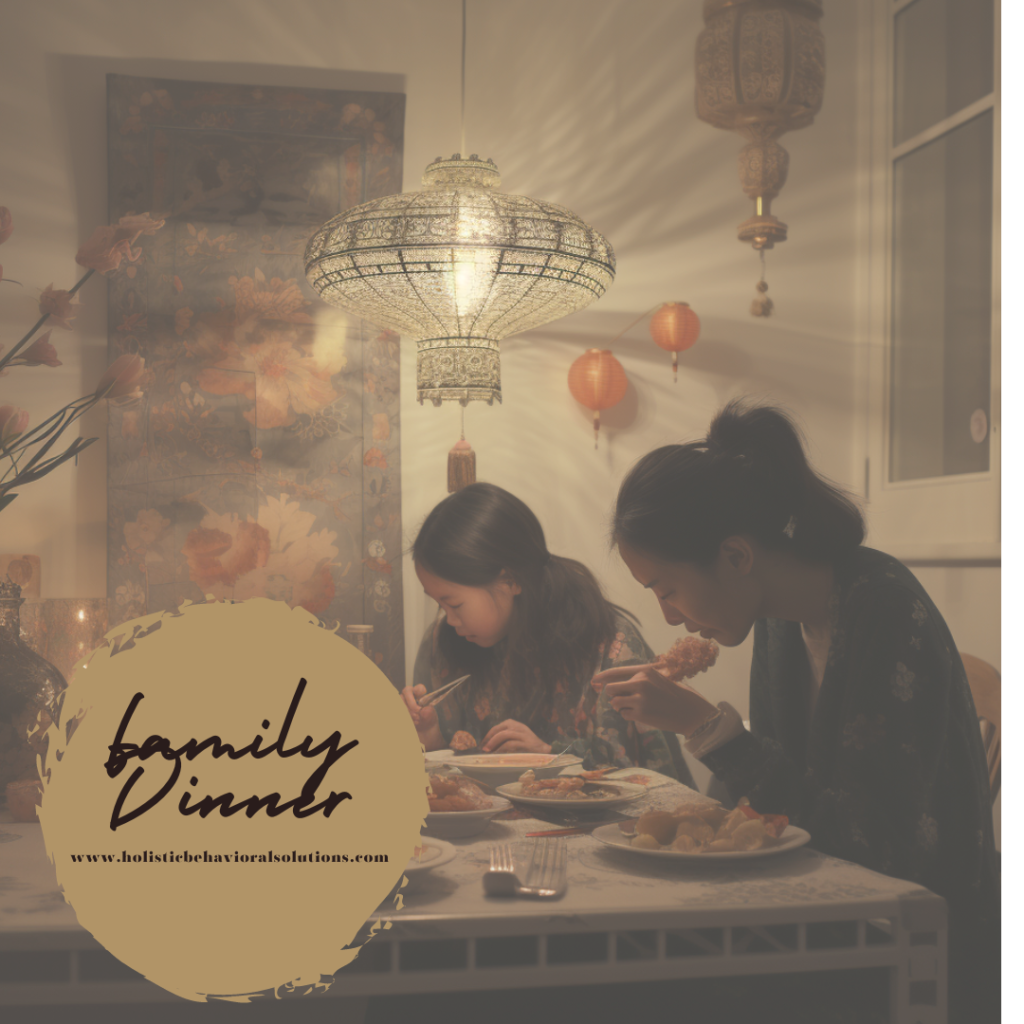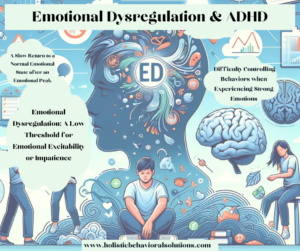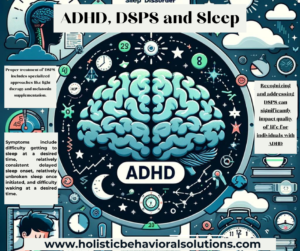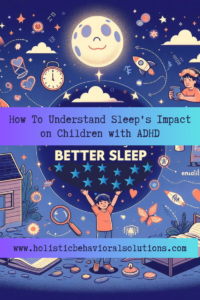Imagine the dinner table as a picture in your mind, where each meal brings us together in a bond of love, understanding, and unity. This is a busy world, and we all live busy lives. In all this churn, we often forget the simple joys that bind us, like the heartwarming comfort of a peanut butter and jelly sandwich after a long day.
Family dinners, like therapy, are places to heal. It’s a gentle reminder from the universe that sometimes, it needs to be about us. It needs to be about nurturing our inner selves and tending to our emotional gardens. Most of us really do have moments where we want it to be about us despite living in a world where we are taught that “it is not about you.” In therapy, the client’s needs and emotional life are the primary focus in the therapeutic space.
Family Dinner and the Sacred Space
In the sacred space of therapy, we are reminded that our feelings, our stories, and our healing matter deeply. This sanctuary offers a shift, a flow of energy that cradles our soul, much like the embrace of a loved one. How beautiful would it be to weave this tapestry of care and attention into the fabric of our family lives?
In therapy, something shifts within us, and we experience a sense of flow. It would be so great to replicate this feeling within our family systems. In our fast-paced world, the tradition of sitting down to eat dinner together as a family has taken a back seat to hectic schedules and on-the-go meals. However, there’s a compelling reason to resurrect this practice – co-regulation. Let’s explore the many benefits of eating together as a family and how it fosters emotional connections through co-regulation.

Family Dinners and Why They Matter
By setting a regular dinner time, families create a structured routine. It sends a message that this is important and that we are worthy of this time. It does not have to be every day but it does need its place in the schedule. This consistency provides a sense of security for families and helps regulate their daily lives. This space helps us to focus on our connection to each other and to ourselves. Transitional phrases such as “Before sitting down to eat” or “This is a dinner conversation” can emphasize the importance of this bonding ritual and help us to ground ourselves and be more present for our special people.
Family dinners also encourage us to use our resources wisely. We have to manage supplies, time, money, and energy. We juggle so much to make this communal experience happen. The more we work at mastering this event, the easier it will become over time. There is no ‘right way” to do this but there is a need to lay a healthy foundation.
A family dinner means we get to breathe with our loved ones and “sync up” in a way that feels intuitive over time. Simply put, we vibe off each other, and knowing what is happening in our internal worlds is easier. There is something about spending quality time with another person that primes you to be a part of their world in a meaningful way; healthy family systems make the time and respond to individual needs while continuing to function as a system. Optimal families are indeed a balancing act, and family mealtime paves that way.

Family Dinner; Co-Regulation through Connection
Co-regulation is the process by which individuals mutually regulate each other’s emotional states. It often occurs within the context of a supportive relationship, such as between a parent and child, therapist and client, or even between friends. The primary goal of co-regulation is to create a safe and nurturing environment where individuals can share their emotional experiences and develop emotional resilience.
Think back to a person in your life that you enjoy spending time with. Now, think of a time when you were sad or depressed and your special person connected with you. Now, mentally revisit this scene. Most people will feel lighter after the connection; that is the power of co-regulation. When it happens in a healthy way, it is co-regulation. When it is controlling or toxic, therapists refer to it as co-dependency.
Shared meals enable open discussions and the opportunity to address emotional issues. It also encourages co-regulation through empathy and building bonds between family members. The family table is also a place to enhance communication skills and foster growth through healthy dialogue. The research indicates that conversation must be positive in order to impact the family in a healthy way.
Benefits of Co-Regulation:
Reduced stress and anxiety
Enhanced emotional resilience
Improved emotional intelligence
Stronger interpersonal relationships
Enhanced therapeutic progress
A Final Thought
There are ideal circumstances, and then there are the “do the best with what we have circumstances.” The purpose of the family meal is to be together and enjoy the company of your loved ones. Sometimes, that happens at the dinner table and sometimes in the back of the minivan after practice. Wherever it is, we’ll figure it out!
The Holistic Store
Boost your connection from the inside out with our wellness supplements and supplies. Check out our store for products that help you feel your best, making it easier to open up and connect on a deeper level.


